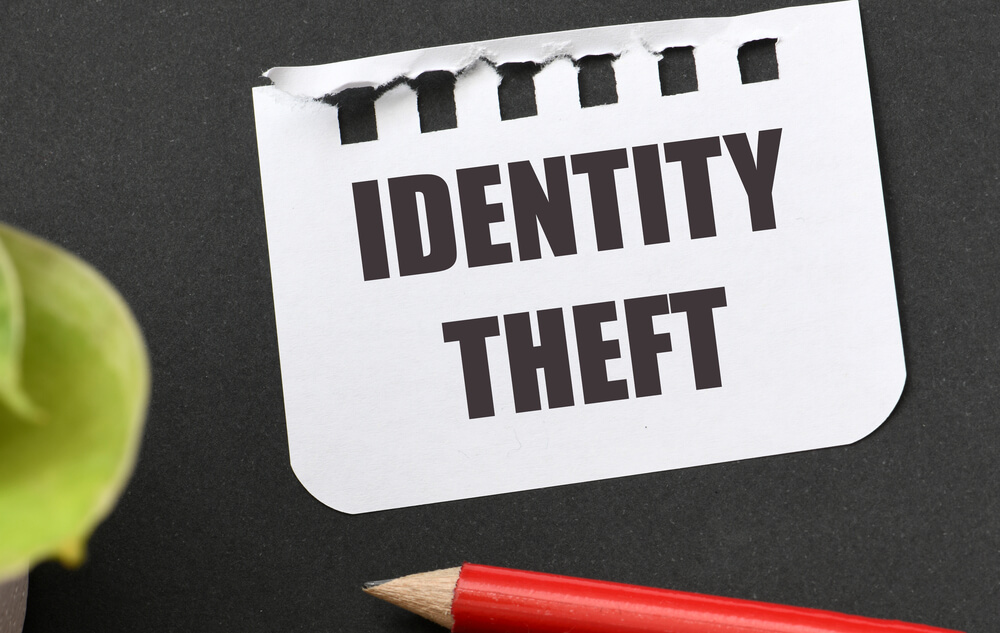
Find the resources you need by using keyword search and clicking enter or by filtering by category.
All Resources
join the community
VERIFIED businesses
Identity Theft Checklist
Identity theft is on the rise. Accordingly, the FTC received 5.7 million total fraud and identity theft reports, of which 1.4 million were identity theft claims. In addition, the total estimated losses are $10.2 billion. If you are a victim of identity theft, below is a checklist of what to do next.
Who to report an identity theft claim to?
- File a report with your local law enforcement. Depending on the local agency, you may need to file the report online or in person. In addition, get a copy of the police report since you may need to provide it to your creditors.
- Contact the Federal Trade Commission to report an ID theft incident. You can visit their website or call them at 877-438-4338.
Contact your financial institutions regarding identity theft.
- Call your bank(s), including any fraudulently opened bank accounts, explain that someone stole your identity, and review any transactions. Request to close or freeze any accounts tampered with or fraudulently established. You can always transfer any funds from your closed account to a new account.
- Contact all your credit card companies, explain someone stole your credit, and review transactions—request to close or freeze any account tampered with or fraudulently established.
- Change your online login credentials, including passwords and PINs. If you do not have login credentials, set one up because you are better protected if you do versus a stranger setting one up for you.
Monitor your credit and place a freeze.
- Monitor your credit through a credit agency or contact Annual Credit Report through their website or call 877-322-8228 for an annual free credit report.
- Review credit and report any fraudulent activity to the appropriate financial institution. To that end, contact any accounts fraudulently opened in your name.
- Place a credit freeze with the three major credit bureaus:
- Experian (888-397-3742)
- TransUnion (800-680-7289)
- Equifax (888-766-0008)
- Place a security alert for any compromised checking, savings, or money market account with ChexSystems. You can visit their website or call 888-478-6536.
Final checklist items – Government agencies to contact about identity theft.
- Driver’s license – contact your local Department of Motor Vehicles or call the toll-free DMV Fraud Hotline at 1-866-658-5758.
- Unlawfully collected unemployment benefits – contact California Employment Development Department’s toll-free Fraud Hotline at 1-800-229-6297 or visit their website.
- Social Security card – Contact the Office of the Inspector General through the Social Security Administration’s website or call 800-772-1213.
- Passport – Contact the Department of State through their website or call 877-487-2778
- Mail stolen or unlawfully forwarded – contact your local Postal Inspector’s office by visiting their website for the closest office.
In the future, follow the preventive measures to avoid identity theft again.
We hope this identity theft checklist is helpful. STAGES is here to educate people.
top verified companies
@2024 STAGES FOR LIFE, LLC. Designed Intentionally by MOK
information
sales@stagesforlife.com
Articles
Government
verified businesses
Medical Services
Get Verified
Contact
Privacy Policy
Terms and Conditions
Downsizing
Housing and Care Services
Non-Profit
Professional Services
Medical Services
Professional Services
Non-Profit
Housing & Care Services
Government
Downsizing
Events
Newsletter